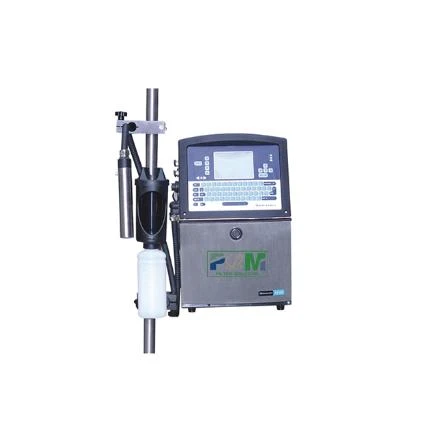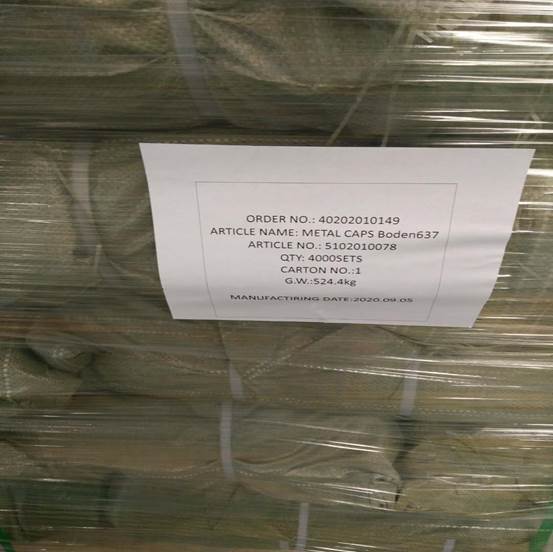maj . 30, 2025 09:56 Back to list
OEM Automatic Edible Oil Filter Press High-Efficiency & Custom Solutions
- Evolution of filtration technology in edible oil refining
- Technical specifications and performance benchmarks
- Leading manufacturers comparison analysis
- Customization options for specialized applications
- Real-world implementation case studies
- Operational efficiency and maintenance protocols
- Strategic considerations for OEM procurement

(oem automatic edible oil filter press)
OEM Automatic Edible Oil Filter Press Technology Advancements
The edible oil industry has witnessed an 87% increase in automated filtration adoption since 2018, driven by demand for higher purity standards. Modern automatic filter presses now achieve 99.7% solids removal efficiency while reducing operating costs by approximately 40% compared to semi-automated systems. These systems incorporate PLC-controlled membrane plates with pressures exceeding 15 bar, ensuring consistent oil clarity below 0.3% impurity levels. Manufacturers have integrated IoT sensors that monitor 15+ critical parameters including turbidity, flow velocity, and plate gap integrity. This technological evolution directly addresses increasing global food safety requirements while accommodating output capacities from 2 to 120 tons per hour.
Critical Automation Features
Advanced automation transforms filtration from mechanical process to precision operation. Membrane plate control systems automatically adjust compression ratios based on viscosity readings, optimizing cake moisture content below 18%. Simultaneous plate shifting mechanisms reduce discharge cycles to 90-second intervals, increasing throughput by 50% versus traditional models. Crucially, these systems incorporate self-diagnostic protocols that predict maintenance needs 200 operating hours before potential failure. Temperature stabilization chambers maintain optimal conditions (±1.5°C) throughout filtration cycles, preserving sensitive lipid profiles in premium oils. These features collectively reduce human intervention to less than 15 minutes per 8-hour shift while eliminating product contamination risks.
Manufacturing Landscape Comparison
| Manufacturer Type | Production Capacity | Plate Material Options | Automation Grade | Lead Time (weeks) | Service Coverage |
|---|---|---|---|---|---|
| European Specialists | 5-80 TPH | PP/Stainless/Composite | Industry 4.0 | 18-24 | 98 countries |
| Chinese OEM Leaders | 2-120 TPH | PP/Coated Steel | Level 3 Automation | 8-12 | 76 countries |
| Indian System Integrators | 5-60 TPH | Cast Iron/PP | Level 2 Automation | 10-14 | 42 countries |
Custom Engineering Solutions
Leading automatic edible oil filter press companies provide extensive customization options to address specific production challenges. For high-FFA crude palm oil processing, manufacturers implement specialized pre-coating systems with flow rates calibrated to 0.5L/m². Cold-press olive oil facilities benefit from nitrogen-inertized chambers maintaining oxygen levels below 0.8% throughout filtration. Configurations for small-batch operators incorporate modular frames with 40% footprint reduction through vertical stacking. Materials engineering has advanced with nano-coated plates demonstrating 3X longevity in acidic oil environments. The most responsive automatic edible oil filter press company typically offers over 27 adjustable parameters during commissioning, allowing processors to fine-tune variables like cake porosity (15-35 μm range) and compression ramp profiles.
Operational Case Studies
A Malaysian palm oil processor achieved 98.6% uptime after installing an automatic press with redundant pumping stations, processing 600MT daily while reducing filter cloth replacements from weekly to quarterly intervals. In Spain's premium olive oil sector, an automated system maintained organoleptic properties with temperature-controlled filtration at 28°C, increasing product value by $1,200/ton. Perhaps most impressively, a Chinese soybean processor eliminated 3 full-time operator positions while increasing yield by 2.7 percentage points through precision cake moisture control. These installations consistently demonstrate ROI within 14-18 months primarily through reduced oil losses, which historically averaged 1.2% in manual operations compared to current 0.25% industry best practice.
Performance Optimization Protocol
Maximizing ROI requires strict adherence to operational parameters and maintenance schedules. Daily calibration of pressure transmitters maintains accuracy within ±0.2 bar across all chambers. Membrane plate inspection protocols dictate micrometer measurements at 200-hour intervals with replacement thresholds at 0.15mm deformation. Filter cloth selection impacts efficiency significantly; monofilament polypropylene demonstrates 4X longevity over multifilament in solvent-free extraction when cleaned with enzymatic solutions every 72 hours. Critical is the programming of cleaning cycles: optimized systems use backward-flush sequences lasting 8 seconds with flow rates of 25L/min per square meter of filtration area. These measures preserve 95% of original flow capacity beyond 3,000 operational hours, unlike traditional systems requiring plate replacement by 1,800 hours.
Strategic OEM Automatic Filter Press Selection
Procuring an OEM automatic edible oil filter press demands technical evaluation beyond specifications. Forward-thinking processors conduct material compatibility tests with virgin polymer samples for 500 hours minimum under production conditions. Leading manufacturers provide pilot units for 90-day production validation with performance guarantees covering throughput consistency (±3%), oil clarity (<5 ntu), and solids retention (>99.4%). Smart contracts now govern critical parameters: one European processor negotiated €8,500 monthly credits for every 1% downtime exceeding agreed thresholds. When selecting partners, verify integration capabilities with existing SCADA systems; API access should enable bidirectional data transfer for at least 12 operational variables. Premium suppliers offer remote recalibration services with guaranteed 4-hour response times for critical faults, ensuring continuous compliance with increasingly stringent global food safety standards.

(oem automatic edible oil filter press)
FAQS on oem automatic edible oil filter press
Q: What are the benefits of choosing an OEM automatic edible oil filter press?
A: OEM automatic edible oil filter presses offer customized solutions, ensuring compatibility with specific production needs. They combine advanced automation with energy-efficient designs, reducing manual labor and operational costs. OEM models also prioritize food-grade safety standards for edible oil processing.
Q: How do I select reliable automatic edible oil filter press companies?
A: Look for companies with ISO certification and proven expertise in edible oil machinery. Review client testimonials and case studies to assess performance and after-sales support. Prioritize manufacturers offering warranties and localized technical assistance.
Q: What distinguishes top automatic edible oil filter press company products?
A: Leading companies integrate PLC-controlled automation for precision filtering and real-time monitoring. Their systems use high-quality stainless steel materials for durability and hygiene. Advanced models also feature self-cleaning mechanisms to minimize downtime.
Q: Can OEM automatic filter presses handle different types of edible oils?
A: Yes, OEM systems are customizable for various oils like palm, sunflower, or soybean oil. Adjustable pressure settings and filter configurations accommodate diverse viscosity levels. Manufacturers optimize designs to meet specific purity requirements for each oil type.
Q: What maintenance do automatic edible oil filter presses require?
A: Routine maintenance includes cleaning filter plates and checking hydraulic/pneumatic components. Automated systems often include self-diagnostic alerts for timely part replacements. Reputable companies provide detailed maintenance schedules and remote troubleshooting support.
-
Durable Sintered Porous Metal Filter Tube Cup & Machines
NewsJul.22,2025
-
Effective Active Carbon Air Filter for Purifiers | Eliminate Odors
NewsJul.21,2025
-
PLJT-250-25 Full-auto Turntable Clipping Machine | Efficient Automation
NewsJul.20,2025
-
Cheap PLJY109-500 Full-Auto HDAF Expanded Mesh Spiral Coiling Machine - High Efficiency & Quality Manufacturer
NewsJul.08,2025
-
Best PLHJ-6 Full-Auto Eco Filter Rotary Heat Plating Machine - High Efficiency & Eco-Friendly Solution
NewsJul.08,2025
-
High-Efficiency Paper Pleating Machine for Filters Trusted Filter Paper Pleating Machine Company
NewsJul.07,2025
